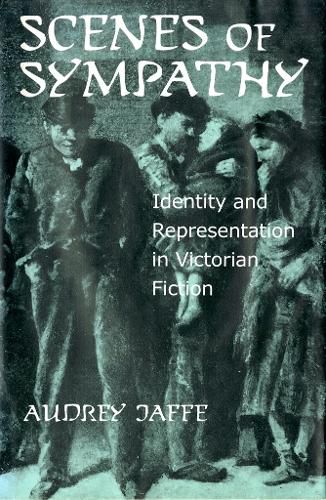Readings Newsletter
Become a Readings Member to make your shopping experience even easier.
Sign in or sign up for free!
You’re not far away from qualifying for FREE standard shipping within Australia
You’ve qualified for FREE standard shipping within Australia
The cart is loading…






In Scenes of Sympathy, Audrey Jaffe argues that representations of sympathy in Victorian fiction both reveal and unsettle Victorian ideologies of identity. Situating these representations within the context of Victorian visual culture, and offering new readings of key works by Charles Dickens, Elizabeth Gaskell, Ellen Wood, George Eliot, Oscar Wilde, and Arthur Conan Doyle, Jaffe shows how mid-Victorian spectacles of social difference construct the middle-class self, and how late-Victorian narratives of feeling pave the way for the sympathetic affinities of contemporary identity politics. Perceptive and elegantly written, Scenes of Sympathy is the first detailed examination of the place of sympathy in Victorian fiction and ideology. It will redirect the current critical conversation about sympathy and refocus discussions of late-Victorian fictions of identity.
$9.00 standard shipping within Australia
FREE standard shipping within Australia for orders over $100.00
Express & International shipping calculated at checkout
In Scenes of Sympathy, Audrey Jaffe argues that representations of sympathy in Victorian fiction both reveal and unsettle Victorian ideologies of identity. Situating these representations within the context of Victorian visual culture, and offering new readings of key works by Charles Dickens, Elizabeth Gaskell, Ellen Wood, George Eliot, Oscar Wilde, and Arthur Conan Doyle, Jaffe shows how mid-Victorian spectacles of social difference construct the middle-class self, and how late-Victorian narratives of feeling pave the way for the sympathetic affinities of contemporary identity politics. Perceptive and elegantly written, Scenes of Sympathy is the first detailed examination of the place of sympathy in Victorian fiction and ideology. It will redirect the current critical conversation about sympathy and refocus discussions of late-Victorian fictions of identity.